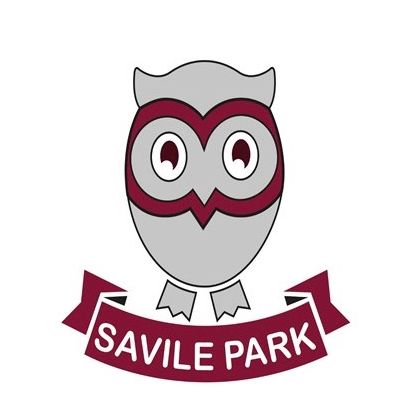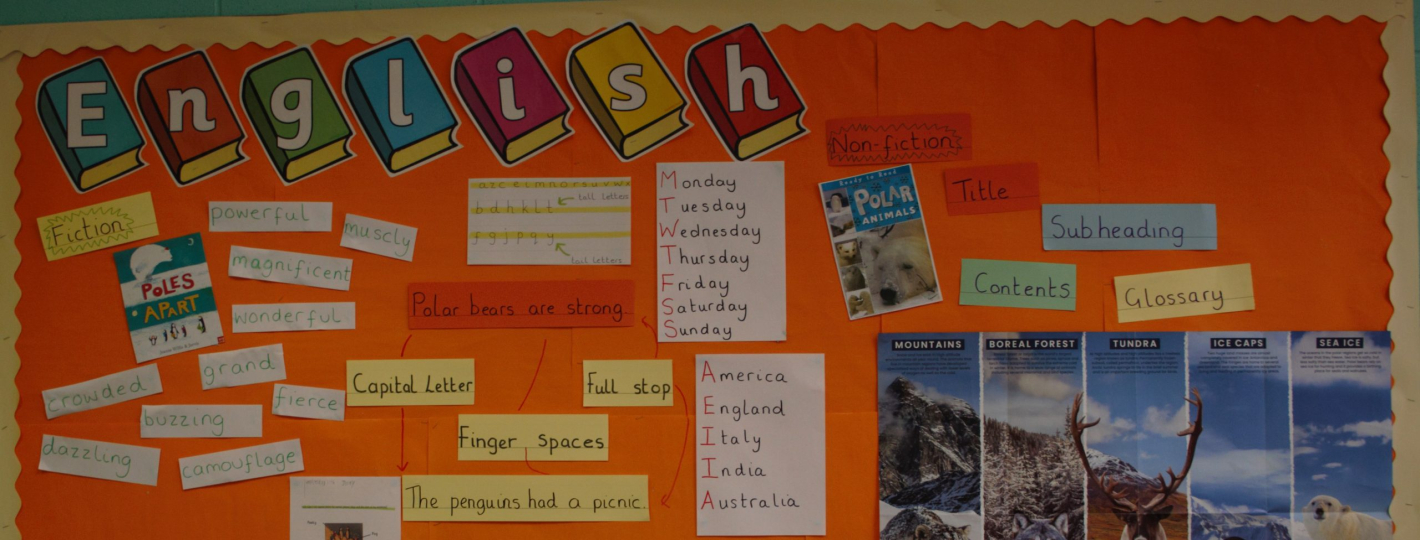Grammar and Punctuation
Spelling, punctuation, and grammar – often called SPaG in schools – are crucial building blocks for children learning to speak, write, and listen. Having a good knowledge of grammar allows your child to communicate their ideas and feelings, and helps them choose the right language for any situation.
By the end of primary school, your child will be expected to understand and be able to use all the grammar and punctuation set out in the National Curriculum. Some grammar words, like fronted adverbial and blending, can seem a bit daunting, but children will learn to use these types of words automatically from their reading and speaking – the tricky part is being able to recognise them.
Your child will be informally tested on spelling, grammar, and punctuation by their teacher throughout their time at school. There is also an optional national test in Year 2, and a compulsory national test in May of Year 6.
There are a variety of simple things you can do at home to support your child’s developing grammar and punctuation skills.
How to help at home
1. Read to your child
While children do learn about language from speaking and listening, the type of language we use in writing is often different from that in speech. Reading regularly to your child, especially books that they cannot yet read independently, is a great way of developing their vocabulary and their understanding of how language works.
2. Encourage your child to read
Making time to hear your child read isn’t just good for their reading. Through frequently seeing words in print, they will have the opportunity to see how the punctuation and grammar are used to share meaning.
When you read, occasionally look at the punctuation and talk about what it is telling the reader to do. For example, you could show your child how a question mark tells you to raise your voice at the end of the sentence to indicate a question being asked.
Explore how you can show the ‘feeling’ behind an exclamation mark. Are the characters shouting? Has something unexpected happened? Has something gone wrong?
3. Play games
Playing games can help children to learn about grammar and punctuation in an enjoyable way.

